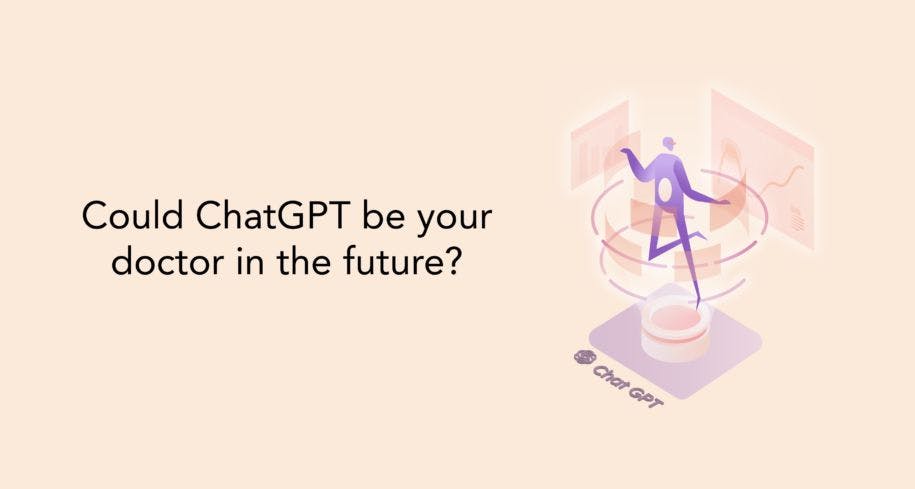346 reads
ChatGPT Could Have a Profound Impact on the Healthcare of the Future
by
June 27th, 2023
Audio Presented by

We develop and implement cutting-edge technologies to help advance medical research, and improve access to treatment.
Story's Credibility

About Author
We develop and implement cutting-edge technologies to help advance medical research, and improve access to treatment.
